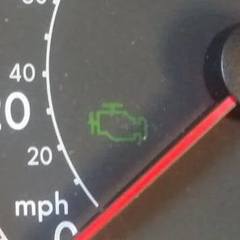"Scotland is not a real country; you are an Englishman with a dress". - Keen eyed Scotsman finds Scots Wikipedia is faked by an American Teenager
-
Featured Topics
-
Topics
-
0
-
Shane Martin ·
Posted in Displays1 -
5
-
INotPablo ·
Posted in CPUs, Motherboards, and Memory2 -
PatRed ·
Posted in New Builds and Planning7 -
0
-
Manv2000 ·
Posted in Troubleshooting0 -
8
-
QMalcolm ·
Posted in General Discussion3 -
FrozenHydrangea ·
Posted in Troubleshooting3
-
-
play_circle_filled

Latest From Linus Tech Tips:
I Am Not Buying A Super Computer - WAN Show May 3, 2024






.thumb.jpeg.9babd505c85c11addf31a285a02547cc.jpeg)










Create an account or sign in to comment
You need to be a member in order to leave a comment
Create an account
Sign up for a new account in our community. It's easy!
Register a new accountSign in
Already have an account? Sign in here.
Sign In Now